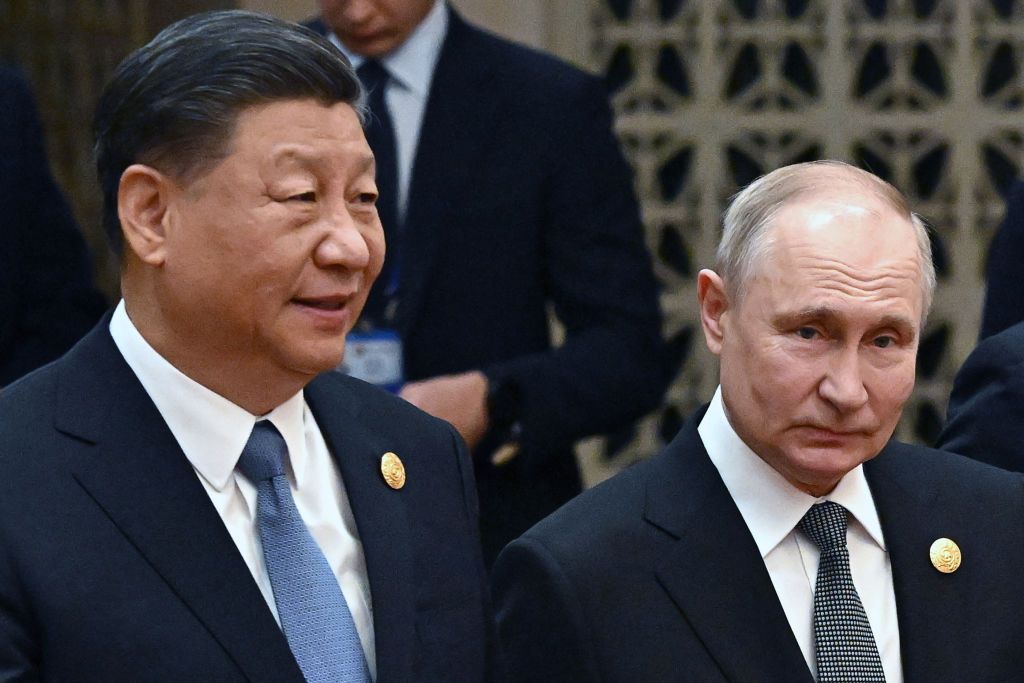US bans Kaspersky antivirus software due to 'national security risk'

The U.S. Department of Commerce announced a ban on Kaspersky antivirus software on June 21, citing national security concerns due to the company's links with Russia.
Reuters reported on June 20 that the U.S. was to ban the software, which is used by state and local governments in the U.S, due to the risk it can "steal sensitive information from American computers, install malware, or withhold critical updates."
The company's CEO, Eugene Kaspersky, worked for Soviet military intelligence. The company has repeatedly denied allegations of ties to the Russian government.
Kaspersky describes itself as "the world's largest privately held vendor of internet security solutions for businesses and consumers."
Kaspersky will no longer be able to sell its software within the U.S. or provide updates to software already in use, the Department of Commerce said in a statement.
The ban is "the result of a lengthy and thorough investigation, which found that the company’s continued operations in the U.S. presented a national security risk."
The Department of Commerce said that Kaspersky users will not face penalties, but they are "strongly encouraged" to find "suitable alternatives." The ban will come into force on Sept. 29, 2024.
The news comes one week after the U.S. State and Treasury departments issued what they called a "sweeping" set of sanctions against Russia and its financial backers.
More than 300 new sanctions were announced, targeting a range of entities and sectors from Russian natural resources to Russian banks that have relocated abroad.













